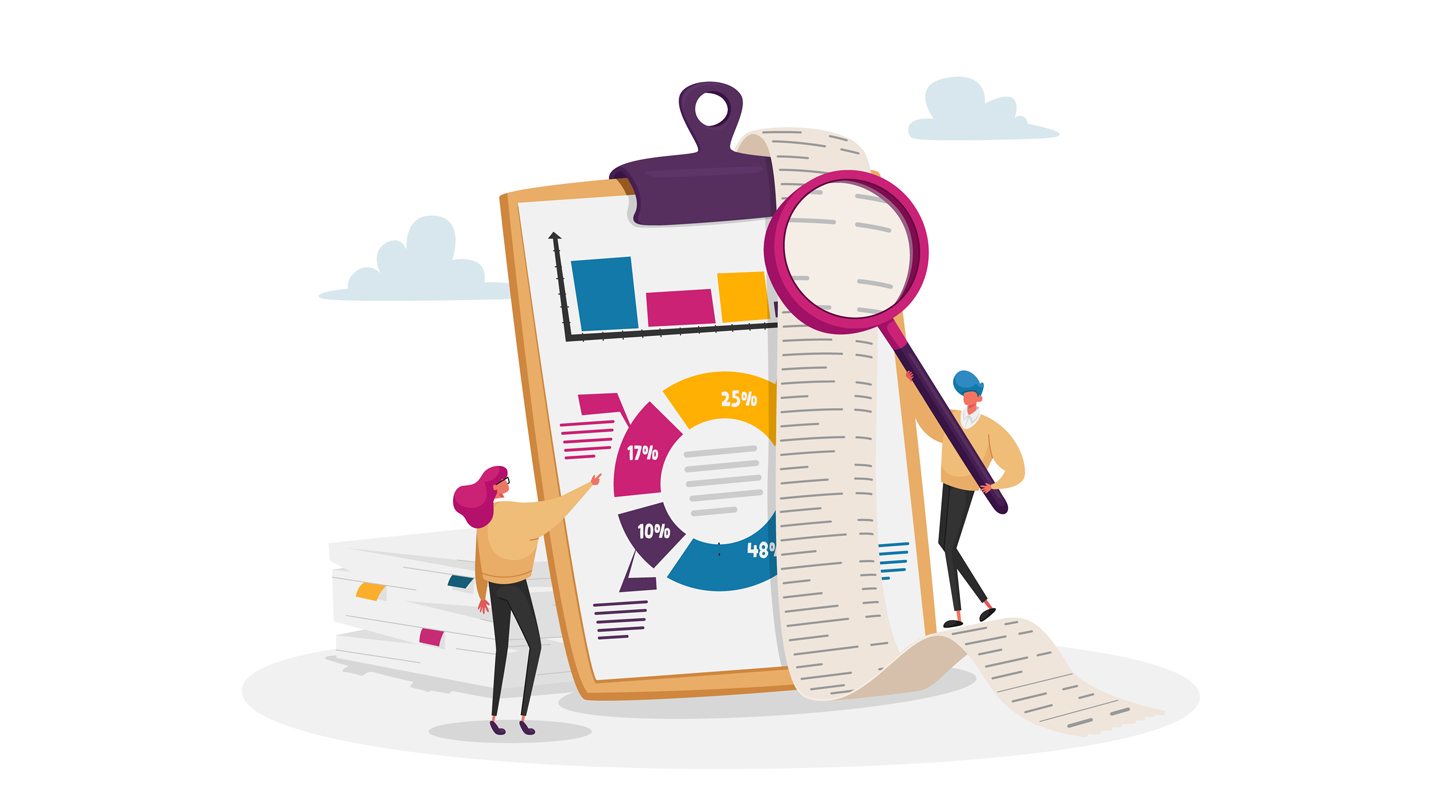671 credit score: A guide to credit scores

Quick insights
- A 671 credit score is considered to be “good” for both the VantageScore® and FICO® scoring models.
- While a 671 credit score is good, improving it further can be beneficial to your financial wellness.
- There are several ways you can help improve your 671 credit score to access more financial opportunities.
Are you thinking about applying for a mortgage or auto loan and don’t know if you can because of your credit score? Are you worried that your score could dip into lower credit score ranges? In this article, we’ll explore what a 671 credit score means for you and ways to help improve it.
Exploring a 671 credit score
A credit score of 671 falls within the good credit range for many score models. However, while a score of 671 can unlock certain opportunities for you, it remains over 100 points below the "exceptional" range, which means you have considerable room for improvement. Boosting your score to this higher level could result in more favorable interest rates and greater access to credit.
To help you understand how a 671 credit score compares to others, let’s break down the two scoring models’ credit score ranges below.
As of May 2024, VantageScore® ranges are:
- Excellent: 781 to 850
- Good: 661 to 780
- Fair: 601 to 660
- Poor: 500 to 600
- Very Poor: 300 to 499
As of May 2024, FICO® score ranges are:
- Exceptional: 800+
- Very Good: 740 to 799
- Good: 670 to 739
- Fair: 580 to 669
- Poor: 579 and below
As you can see above, credit score ranges typically vary between 300 and 850. A score of 671 is considered good by both scoring models and may help get you approved for several types of credit.
However, while it’s labeled as good, it is on the very low end of this range (for example, a FICO score of 671 is just one point away from falling into “fair.”) Maintaining good credit can be important for several reasons, such as the ability to obtain lower interest rates, so you may want to help improve your score by adopting several of the best practices mentioned later in this article.
Buying a house with a 671 credit score
Buying a home with a 671 credit score may be possible, but it may be more challenging than if you had an excellent credit score. Some lenders may require a larger down payment, charge higher interest rates or have stricter loan terms.
Whatever you decide, carefully review and compare different lenders and loan options to find your best fit for your specific circumstances. While important, credit scores are just one of several factors lenders use when approving home loans. In general, some lenders may require a larger down payment, charge higher interest rates or have stricter loan terms for mortgage applicants they may consider in the "good" range.
Getting a car loan with a 671 credit score
Buying a car may be possible with a 671 credit score, but different dealerships and lenders may use different credit scoring models and different scales to make their own loan decisions, which could impact your loan terms and approval odds.
Even with a “good” credit score, you may be declined, subject to higher interest rates or need to provide a larger down payment than if you had a higher credit score. To help improve your chances for approval, it is usually beneficial to add a co-signer to the loan — if the lender allows— to share financial responsibility. All applicants should take note that while important, your credit score is just one of several factors lenders take into account when approving a loan.
Ways to help improve your credit score from 671 to 800
A 671 credit score, if not managed wisely, could easily slip into the fair credit score category. To help you get better loan terms, lower interest rates and more financial choices overall, you may want to work on improving your credit score. There are some strategies for raising your credit score from 671, such as:
- Improve your payment history. Because payment history is a major factor used to calculate your credit score, it is essential to make your payments on time and, if possible, in full. These include credit card balances, monthly installments, etc.
- Lower your credit utilization ratio. This ratio is the amount of credit you use compared against your total available credit. To lower this ratio, consider cutting unnecessary expenditures and reducing your credit card balances. Ideally, this ratio should be 30% or lower.
- Review your credit report. Be sure to correct any errors that may arise on credit reports by reporting them to the credit bureaus.
- Consider enrolling in Chase Credit Journey®. This free online tool, which allows you to check your credit score without impacting it, is available to everyone, including non-Chase customers. You may also choose to set up a credit score goal using the credit score improvement feature, which provides you with a personalized action plan provided by Experian™.
Tips for responsible credit management and building positive credit history
While the above strategies are good ways to start your path towards improving your credit score, it’s just as essential to maintain healthy financial habits. These include:
- Create and stick to a budget. Following a budget consistently can be what helps you manage your debt and make room for more opportunities in your financial future.
- Avoid applying for too many credit cards at once. Just because you may qualify for a credit card doesn’t always mean you need to apply for it right away. In fact, applying for multiple credit cards over a short period of time can hurt your credit score due to the fact that lenders run hard credit checks as part of the application process. This can result in a temporary decrease to your credit score.
- Protect your personal information. Shredding documents before tossing them away and using strong passwords are just a few ways to help protect sensitive information such as your Social Security number (SSN), date of birth, credit card account information and more.
- Manage your debt. Depending on your financial situation you may consider prioritizing paying off your debts. There are different approaches that can help you such as the snowball method or the avalanche method.
In conclusion
You may think that being in a good credit score category means you are in the clear for approvals and better terms, but with a score of 671 you are close to falling into lower credit score ranges within the main scoring models. To help keep you from falling into fair and below, consider taking proactive steps towards improving your credit score. Who knows? You may even achieve a ”very good” or “excellent” credit score with patience and healthy financial habits.



